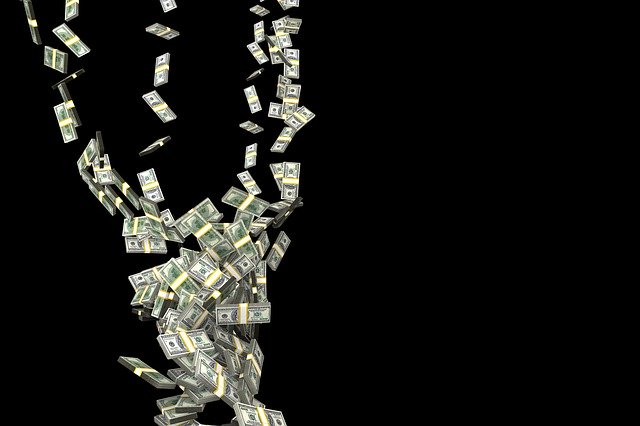For a long time now, President Trump has said that Americans should not be paying more for drugs than people in other wealthy countries, who generally pay prices that are half what we pay. Yet, Trump has done nothing to bring down prescription drug prices. On Friday, he signed three executive orders that are restatements of old intentions to address drug prices but won’t in fact do anything about drug prices.
To be clear, no executive order on its own can bring down prescription drug prices. Trump’s executive orders are no more than pronouncements. Still, the pharmaceutical industry strongly opposes them. And, Trump is expected to kowtow to Pharma because he is depending on the pharmaceutical industry to get a COVID-19 vaccine manufactured and distributed quickly.
The executive orders are Trump’s attempt to show Americans that he is doing something about prescription drug prices. He is in fact doing precious little. He held off releasing one prescription drug executive order that focused on bringing down the cost of some costly drugs for people with Medicare because he first wanted to meet with Pharma executives to hear whether they had an alternative proposal more to their liking. If implemented, the order would keep Medicare from paying more for drugs that doctors administer–such as chemotherapy and rheumatology treatments–than what other wealthy nations pay.
To repeat, if signed, this executive order would only help people with Medicare. And, experts say that it would take many years to implement. Among other things, the federal government would most likely have to defend it from legal attacks by the pharmaceutical industry.
Of the executive orders Trump signed, one allows insulin and some other drugs to be imported from Canada. That order is already in an FDA draft rule that came out in December. The order simply reiterates what’s in play.
Another executive order would allow people to get low-cost insulin and EpiPens from Federally Qualified Health Centers (FQHC). FQHC’s are government-funded clinics that offer low-cost care throughout the country.
And, a third executive order would preclude pharmacy benefit managers (PBMs) from keeping rebates from pharmaceutical companies for themselves. PBMs would need to give the discounts to people with Medicare if the secretary of HHS agrees that doing so would not lead to higher federal costs or higher premiums. But, the Congressional Budget Office has already declared that passing rebates onto consumers would increase federal costs and drive up premiums in Medicare Part D prescription drug plans.
Alex Azar, the Secretary for Health and Human Services (HHS), has not said whether or how the administration plans to move forward to implement President Trump’s executive orders. The administration must comply with a formal rule-making process even to experiment with an executive order. Expansive programs generally require Congress to enact a law.
For its part, Pharma has refused to meet with the President because industry executives so object to his executive orders. Pharma says that pegging drug prices to prices in other countries is “a radical and dangerous policy.”
Earlier this year, the US House of Representatives passed HR3, which caps drug prices in the US for as many as 250 drugs at the average of what other wealthy countries pay. It covers drugs people buy at the pharmacy as well as drugs that doctors must administer. The Republican-led Senate has not taken up this bill.
Here’s more from Just Care:










